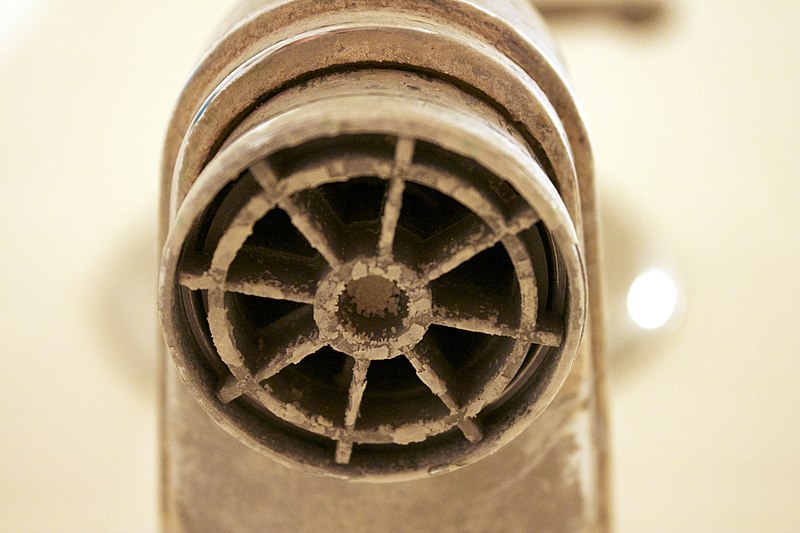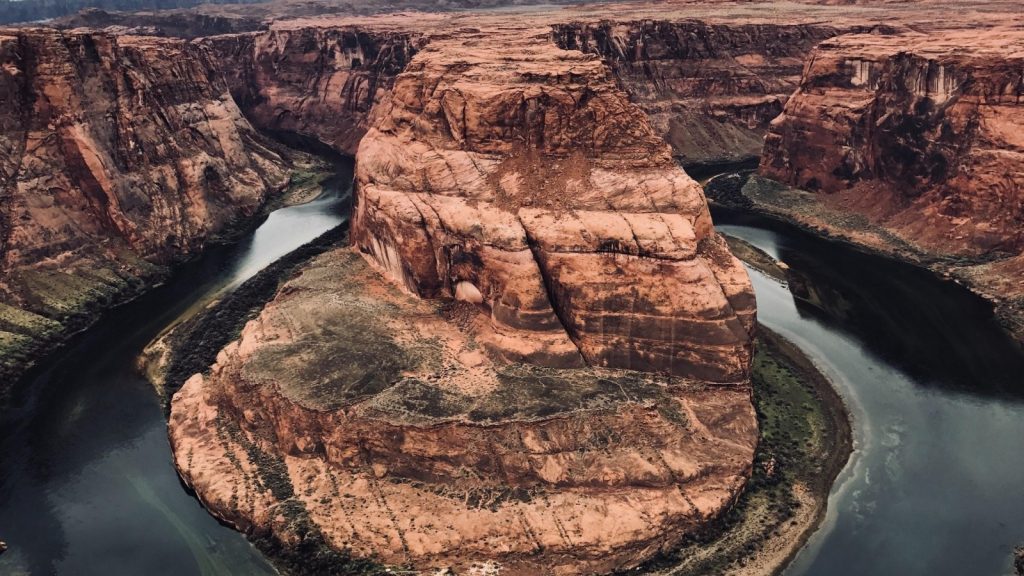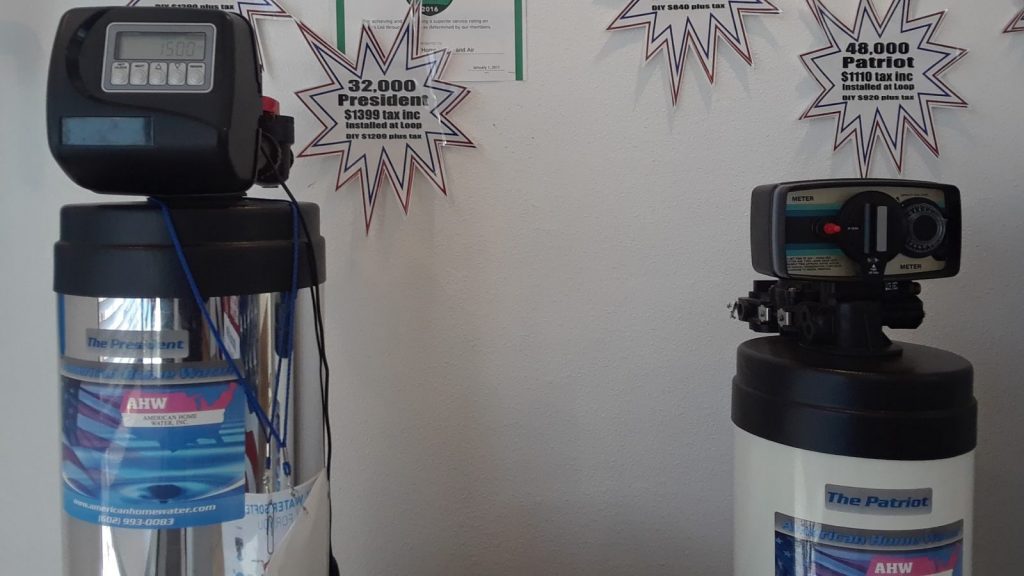Is it safe to drink the water in Phoenix? If so, how hard is the water in Phoenix? Is there anything you can do to improve your water quality? Read on. We have the answers.
Phoenix is home to more than 1.5 million people who trust the Arizona Department of Environmental Quality—the body charged with ensuring that the residents are supplied with clean and high-quality water.
First, you need to acknowledge that the water here in Phoenix is predominantly hard. In fact, we can say we have a critical hard water problem.
Arizona receives about 8 mm of rainfall per year, which isn’t enough to cater to the needs of all those people. As a result, the government resorted to groundwater sources commonly referred to as Aquifers. This increased the water supply in Phoenix. However, it came at a cost. The groundwater was found to be significantly harder than surface water (200 to 10,000 PPM).
What is water hardness?
Water hardness is the measure of calcium and magnesium concentration in water. Those are the two main minerals responsible for water hardness. The higher the concentration, the “harder” the water.
Water that has little magnesium and calcium ions is called Soft Water. You’ll always find people trying to figure out which of the two is healthier for human consumption.
Is it hard water or soft water? We’ll get into that later on.
How is hard water measured?
The “hardness” of water is measured in terms of grains per gallon (gpg) or parts per million (ppm).
Water is “hard” if it’s found to have approximately 14.6 grains per gallon (gpg).
The hardness of the water in Phoenix ranges from 13 to 17 gpg. Proof that the water here is significantly harder than the water in the surrounding areas.
You can find more information from the annual Phoenix Water Quality reports.
How hard is your tap water?
Water hardness is not something you can see with your naked eyes. You have to test to figure out where your tap water stands on the hardness scale.
To do this, you’ll have to buy a water hardness testing kit or do some simple tests at home.
The most popular hard water test is the Soap Test.
All you have to do is pour some of your tap water into a transparent container. Add some drops of pure liquid soap and shake vigorously. Don’t use detergents. They usually contain additives that will temper the results.
After shaking, let the water settle and look for studs and water clarity.
“Softer” water has more studs and is crystal clear. On the other hand, hard water has fewer studs and is somewhat cloudy.
What are the effects of hard water in Phoenix?
Some of the minerals found in hard water are indeed good for our bodies. In addition to that, we’d advise you to use hard water instead of soft water when watering your houseplants or garden.
Nevertheless, even with those positives, soft water is still the best for household use.
Hard water destroys plumbing systems and appliances
As mentioned earlier, hard water contains calcium and magnesium ions. These ions are responsible for the formation of limescale—your worst enemy.
Limescale is a hard, ugly, and chalky substance formed from calcium and carbonate ions found in hard water. The deposits are usually found on and around water spots like faucets, showerheads, and of course, pipes.
The more you use hard water, the more the limescale builds up in your pipes until they’re completely sealed, and you start experiencing clogs and blockages. The only way to fix this is by replacing your plumbing system.
The limescale layer will also shorten the life span of appliances such as kettles and water heaters. It’s so bad that it can shorten the lifespan of an appliance by 50%!
Hard water is bad for your skin and hair
The hard water in Phoenix is bad for skin and hair. The concentration of minerals in hard water will suck the water from your skin and hair, causing hair dehydration and scaly skin.
Are you suffering from a dry and itchy scalp? Then your tap water might be the culprit. Also, the pH levels of hard water will tamper with your skin’s pH levels and cause skin irritation. It’s much worse for people with eczema.
Hard water stains houses and clothes
Do you now see how hard water can destroy your home? The minerals found in hard water also tamper with cloth fabrics. Weakening and discoloring them.
What do you think causes the brown and light-red stains on your showerheads and taps? Hard water is the culprit.
How can you deal with the water hardness in Phoenix?
Water softening is the answer to hard water.
Water softening involves the removal of the highly concentrated minerals present in hard water. This means you’ll no longer have to deal with limescale deposits that are harmful to your home and health.
Water softeners are your best shot at fighting water hardness in Phoenix.
How does a water softener work?
Water softeners remove water hardness through a process known as Ion Exchange.
In short, the calcium and magnesium ions are exchanged for sodium ions. The process takes place inside a tank that contains beads known as resins. The result is “softened water” incapable of forming limescale deposits.
Are water softeners harmful to your health?
The biggest concern that people have with soft water is the extra sodium that comes from the ion exchange process.
To clear things up, we’d like to state that only a negligible amount of sodium is added to your tap water.
Sheldon G. Sheps M.D, at the Mayo Health Clinic, clearly stated that a cup of soft water (8 ounces) has less than 12.5 milligrams of sodium. According to the Food and Drugs Administration, that is very low sodium.
Soft water is safe to drink unless you’re suffering from high blood pressure or other illnesses that require you to lower your sodium intake.
Do you still have your doubts? Then a Reverse Osmosis system is the other way you can deal with hard water in Phoenix. Not only does it remove the hard water ions, but it also removes sodium ions and other dangerous water contaminants like Chlorine and any other poisonous elements.
[related_posts_by_tax posts_per_page="3" format="thumbnails" image_size="medium"]









